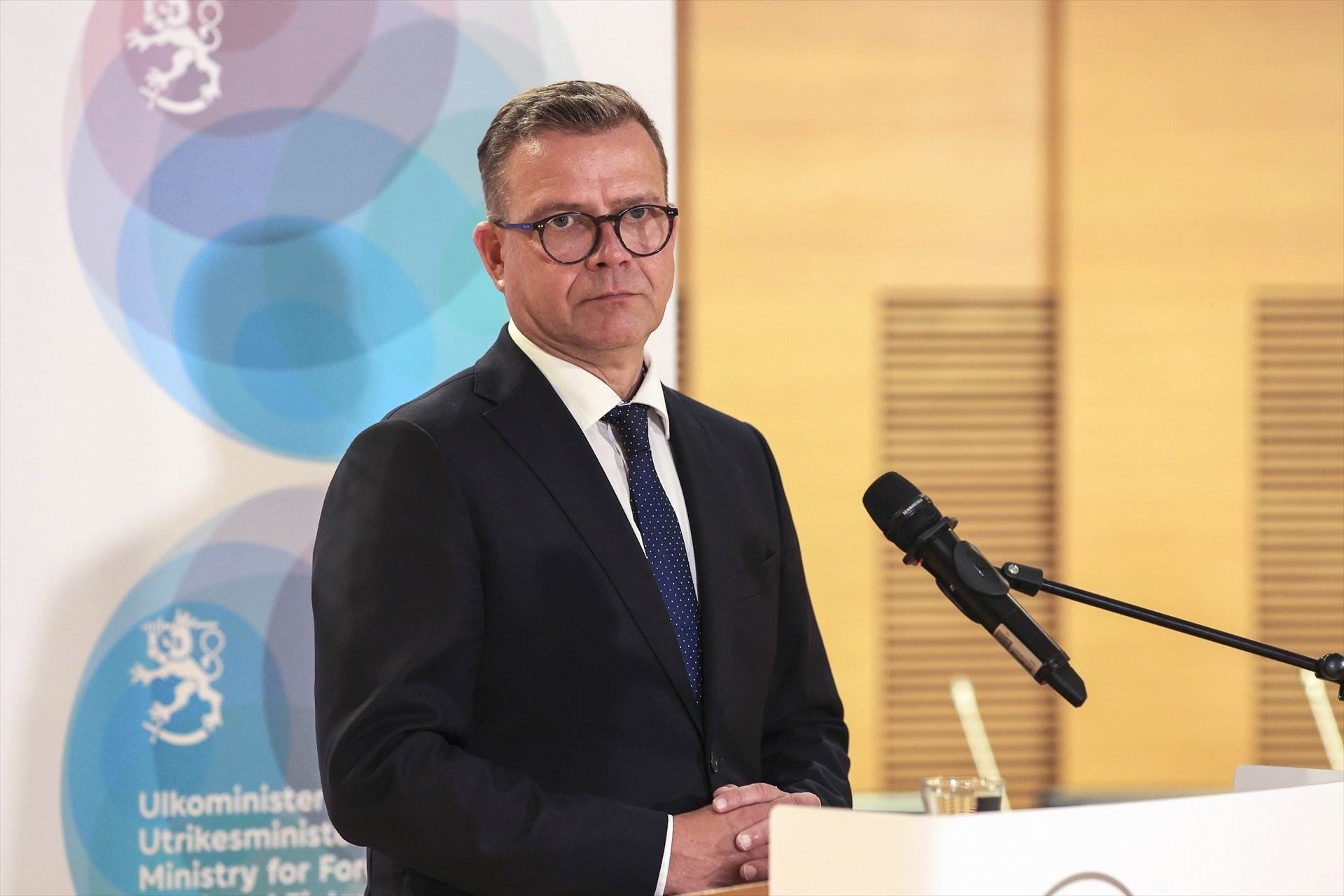The government of Finland has expressed its reluctance to incorporate Catalan, Galician and Basque as official languages of the European Union, since the Nordic country considers that it would involve financial and administrative burdens and, the country alleges, there are other "simpler" ways to promote issues relating to minority languages. This is what was agreed this Friday by a Helsinki committee focused on EU issues and headed by the Finnish prime minister, the conservative Petteri Orpo, who asserted that expanding the list of official languages could slow down decision-making in the community and delay the entry into force of future regulations.
The Finnish executive, which includes the far-right Finns Party, says it advocates for the promotion of cultural and linguistic diversity within the Union, but does not believe that Spain's proposal - called for by the Catalan pro-independence parties, which have made it a condition for giving their support to a hypothetical investiture of Pedro Sánchez as PM - is the best way to further this issue, according to a statement released by the executive itself.
Spain, current holder of the rotating presidency of the European Council, has included the matter in the agenda of the next Council meeting on general affairs, which will be held this coming Tuesday 19th, with the intention of holding a debate and then seeking the required unanimous support for the linguistic incorporations in a vote. However, different diplomatic sources consulted by Europa Press consider it premature to take for granted that there will be a decision by the twenty-seven because several partners have doubts about the cost of the measure and the way in which it could affect the role of other EU minority languages.
In addition to Sweden
Last week, France's Le Monde reported that some member states were not so sure about the incorporation of Catalan as an official EU language, and Finland's reluctance comes in addition to that already expressed by Sweden: "There are many minority languages that are not official within the EU," noted the Swedish executive. Although Stockhom has not yet taken a final position, the Swedes indicated that they would study the budgetary and operational effects that this initiative would entail. Their executive was "undecided" regarding the possibility of amending Regulation No. 1, in which the official languages of the EU are recorded. According to European affairs minister, Jessika Roswall, the Swedish government wants to examine what the "legal and financial" consequences of the proposal are "in more depth", and Roswall has already pointed out that "there are many minority languages that are not official within the EU", with the possible "snowball" effect that decision in favour of the three Iberian languages could create all over Europe.
Ireland, open
For its part, Ireland is waiting to learn "the details" of Spain's "formal" proposal for the officiality of Catalan, Basque and Galician in the European Union, but will base its final decision on its policy of defending "linguistic pluralism" and facilitating as much as possible citizens' access to European information. This was indicated by the Irish foreign minister Michéal Martin in response to a written parliamentary question from Sinn Féin on the issue. In the response, dated September 11th, the minister points out that "it is still too early" to say whether Ireland will vote 'yes' or 'no' to the officiality of Catalan, Basque and Galician, but unlike Sweden and Finland, it does not present any "doubts".

